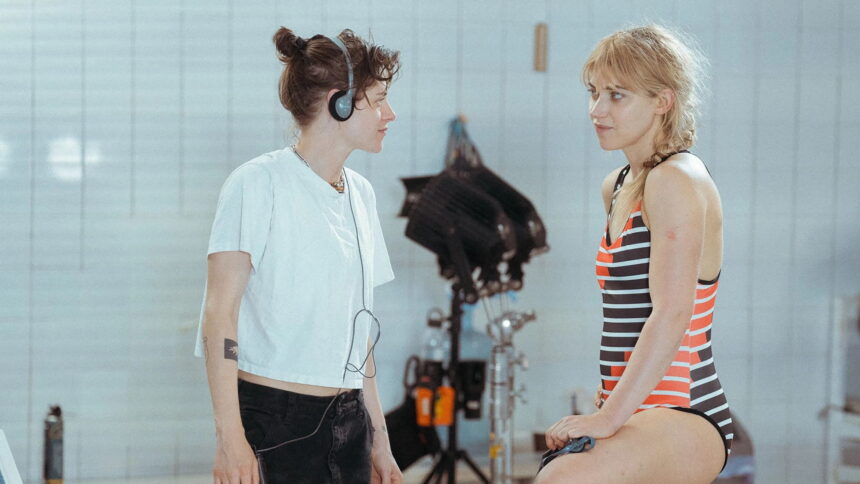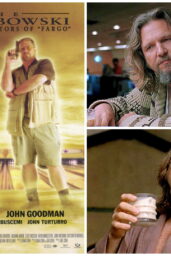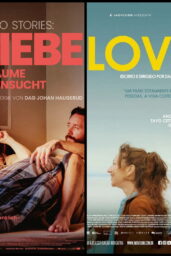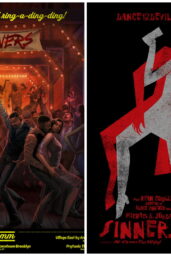Nothing prepared us for Kristen Stewart: Director.
Not the Twilight memes. Not the red carpet scowls. And definitely not the Sundance no-show. But here she is—cutting frames off her directorial debut The Chronology of Water in hopes of sliding into Cannes, where prestige meets politics in slow-motion cinema.
Stewart, who co-wrote the script based on Lidia Yuknavitch's boundary-blasting memoir, is reportedly editing down her film at Cannes' request. They've seen it. They liked it—enough to consider it for a late addition. But it ran long. Stewart agreed to the trim. Word is: we'll know by Monday.
And that? That's the kind of creative compromise that makes indie purists twitch.
Art or audience? Stewart's tightrope walk.
This isn't a movie made to please. Stewart didn't want polish. She wanted pulp. Blood. Viscera. Mess. Her pitch: “intimate, experimental, unflinching.” Not the kind of adjectives that play well on a jury panel sipping rosé in the Riviera sun.
Imogen Poots stars as Yuknavitch—a woman swimming upstream against abuse, addiction, and academic gatekeeping. The memoir was a firebomb of form and feeling. The film, we hear, follows suit. But in Cannes' world of curated control, mess is a liability. Not a badge of honor.
What's more fascinating is how this fits into a pattern. Remember Andrea Arnold's Cow (2021)? Raw, unsparing, and stuck in sidebar hell. Or Jane Campion's decade-long Cannes drought before The Power of the Dog reminded the world why we missed her. Women auteurs still get the “one wrong move” treatment. Stewart, it seems, is pre-emptively adjusting her step.
Cannes loves a narrative—until it doesn't.
There's a cautionary tale in every Cannes cycle. A debut too bold (Titane, 2021—divisive). A darling snubbed (Portrait of a Lady on Fire, 2019—not even in Competition). And now: Kristen Stewart, trying to carve a space not just as an actor-turned-director, but as a filmmaker in full.
Stewart skipped Sundance for this shot. That's not just ambition—it's poker. The kind you don't play unless you're holding something explosive. But the price of admission to Cannes isn't just brilliance. It's brevity.
If Chronology makes it in, even out of competition, it marks a sea change. A former YA superstar delivering a brutal, art-house gut punch under Ridley Scott's indie wing? That's not just unexpected—it's cinematic alchemy.
Would you trim your magnum opus for a French spotlight?
Stewart did. Maybe. For now. But here's the question that matters more than runtime:
If you cut the mess—do you cut the meaning?










